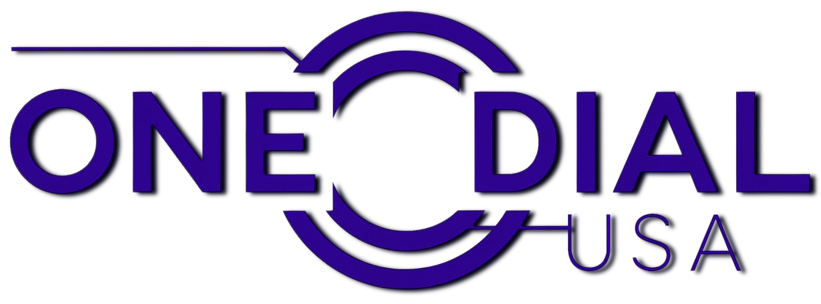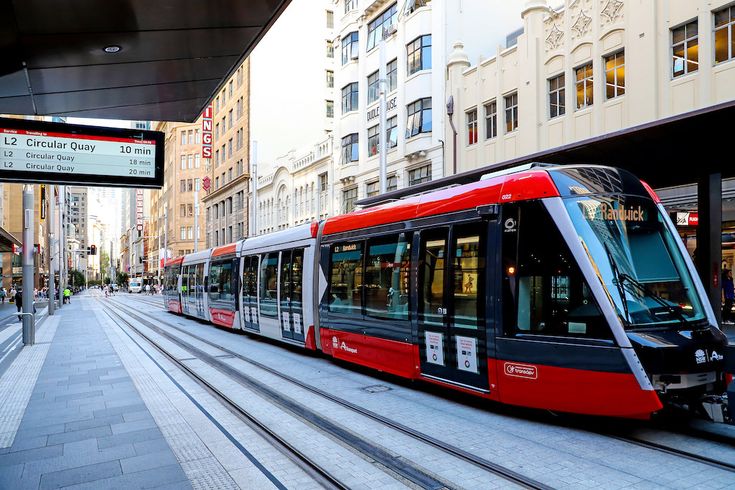- Admin
- Apr 09, 2025
- Government & Public Services
Best Public Transport in Boston
Best OF Top 10 Public Transport in Boston
Boston’s transportation system is a cornerstone of its efficiency, connecting residents, public workers, and businesses. The city’s rich mix of Public Transportation Services Boston, supported by various Municipal Services Boston and Public Sector Agencies Boston, helps sustain day-to-day life and civic operations.
Below are the top ten public transportation options, playing pivotal roles across Government Services Boston, Emergency Response Services Boston, Infrastructure Development Services Boston, and more.
Why Public Transportation Services Boston Are Vital for the City
Boston’s extensive and reliable public transportation network is the backbone of the city’s daily operations. With heavy reliance from residents, businesses, and tourists, Public Transportation Services Boston play a critical role in reducing traffic congestion, cutting emissions, and supporting economic activity. These systems are also deeply connected to Government Services Boston, Urban Planning Organizations Boston, and Public Health Services Boston, making them essential for sustainable growth and social equity.
Key Features of the Top Public Transport Options in Boston
The best public transport services in Boston stand out for their punctuality, safety, accessibility, and innovative infrastructure. From subway systems to ferries and on-demand mobility services, each plays a unique role in serving diverse population needs. These services are strengthened by contributions from Municipal Services Boston, Public Sector Agencies Boston, and Infrastructure Development Services Boston, ensuring that transit remains dependable, affordable, and future-ready.
1. MBTA Subway System (The T)
Boston’s iconic subway system, operated by the Massachusetts Bay Transportation Authority (MBTA), includes the Red, Orange, Blue, and Green lines. It serves as the backbone of Public Transportation Services Boston, connecting downtown with surrounding neighborhoods and suburbs.
The subway plays a vital role in supporting Public Administration Services Boston, City Council Offices Boston, and Public Works Departments Boston, offering efficient travel to both the public and government employees.
2. MBTA Bus Network
With over 170 routes, the MBTA bus network fills transportation gaps not covered by subway lines. It provides essential service access for those commuting to Public Health Services Boston, Legal Aid Organizations Boston, and Citizen Support Services Boston.
Buses are a key part of Community Development Programs Boston, ensuring mobility in underserved areas and supporting daily operations in Public Sector Agencies Boston.
3. MBTA Commuter Rail
The commuter rail offers long-distance travel across Massachusetts, linking Boston with cities like Worcester, Lowell, and Providence. It supports workers commuting to Government Contracting Firms Boston, Regulatory Agencies Boston, and Taxation And Revenue Services Boston.
The commuter rail contributes to Infrastructure Development Services Boston by reducing road congestion and encouraging mass transit over individual vehicles.
4. Silver Line Bus Rapid Transit (BRT)
The Silver Line, a hybrid of bus and rapid transit, connects South Station with Logan Airport and the Seaport District. It operates in dedicated lanes, enhancing speed and reliability.
It also plays a strategic role in Emergency Response Services Boston, Public Utility Companies Boston, and Energy Conservation Programs Boston, offering eco-friendly alternatives to traditional commuting.
5. Logan Express Shuttle Service
The Logan Express provides direct shuttle service from the suburbs to Boston Logan International Airport. It’s widely used by airport personnel and travelers, contributing to efficient access for Postal And Courier Services Boston and employees of Municipal Services Boston.
This service also aligns with goals from Environmental Protection Agencies Boston to cut down traffic emissions and support group transport options.
6. Bluebikes Bike Sharing System
Bluebikes is Boston’s city-wide bike-sharing network with over 400 stations. It encourages a healthy lifestyle and reduces dependence on cars, directly supporting Energy Conservation Programs Boston and Environmental Protection Agencies Boston.
Government workers, students, and residents use Bluebikes to reach workplaces, City Council Offices Boston, and local businesses efficiently.
7. Boston Water Taxi
The water taxi system connects Boston’s coastal neighborhoods, including East Boston and Charlestown, to central areas like the Seaport. It’s a reliable alternative for daily commuters and visitors alike.
This service also supports operations tied to Housing And Urban Development Agencies Boston, Waste Management Solutions Boston, and Public Safety Services Boston located in coastal areas.
8. The RIDE (MBTA Paratransit Service)
The RIDE offers door-to-door service for individuals with disabilities. It’s a core part of Social Welfare Organizations Boston, ensuring that all residents have equitable access to transportation.
This service supports travel to Public Health Services Boston, Legal Aid Organizations Boston, and essential destinations served by Citizen Support Services Boston
9. Ferry Services
Boston’s ferry system is a reliable, scenic, and efficient way to travel across the harbor. Destinations include Long Wharf, Hingham, Hull, and Logan Airport.
Ferries are used by city workers and tourists, contributing to Urban Planning Organizations Boston, Infrastructure Development Services Boston, and Emergency Response Services Boston, particularly in storm or crisis scenarios.
10. Neighborhood Shuttles
Several Boston neighborhoods offer dedicated shuttle services funded through Community Development Programs Boston or Government Grant Services Boston.
These shuttles serve hospitals, voting centers, and other facilities, providing mobility to residents needing access to Elections And Voter Registration Services Boston, Veteran Support Organizations Boston, and Parks And Recreation Services Boston.
FAQs
1. What is the customer support number for MBTA?
617-222-3200
2. Who founded the MBTA?
The MBTA was established by the Massachusetts General Court in 1964.
3. How many employees does MBTA have?
The MBTA employs approximately 6,400 individuals.
4. What is the average salary at MBTA?
The average salary ranges from $50,000 to $85,000 annually, depending on the position.
5. Where is MBTA headquartered?
MBTA’s headquarters is located at 10 Park Plaza, Boston, MA 02116.
6. What are MBTA’s major services?
MBTA offers subway, bus, commuter rail, ferry services, The RIDE (paratransit), and BRT (Silver Line).
7. Is MBTA a public organization?
Yes, MBTA operates under the oversight of the Massachusetts Department of Transportation.
8. How is MBTA funded?
Funding comes from passenger fares, state and federal allocations, advertising, and Government Grant Services Boston.
9. Who manages MBTA operations?
Operations are managed by MassDOT and the Fiscal and Management Control Board.
10. Can businesses contract with MBTA?
Yes, MBTA offers opportunities for Government Contracting Firms Boston and vendors.
11. How does MBTA ensure public safety?
Through a dedicated transit police force and collaboration with Public Safety Services Boston and Emergency Response Services Boston.
12. Does MBTA coordinate with waste and environmental programs?
Yes, MBTA works with Waste Management Solutions Boston and Environmental Protection Agencies Boston for sustainability initiatives.
13. What sustainability efforts are in place at MBTA?
MBTA supports Energy Conservation Programs Boston through hybrid buses, clean fuel use, and efficient operations.
14. Is MBTA prepared for emergencies?
Yes, MBTA has established protocols and partnerships with Emergency Response Services Boston and Public Works Departments Boston.
15. Is MBTA ADA compliant?
Yes, MBTA services and stations are designed to be accessible, including elevators and The RIDE for disabled passengers.
16. Does MBTA assist with election-related transportation?
Yes, special transit schedules and access to polling places are provided during elections via Elections And Voter Registration Services Boston.
17. Are veteran discounts or services available through MBTA?
Yes, MBTA works with Veteran Support Organizations Boston to provide reduced fares and special services.
18. Can companies advertise or sponsor programs through MBTA?
Yes, MBTA offers advertising, station branding, and partnership opportunities.
19. Are there job opportunities in infrastructure or health through MBTA?
Yes, MBTA offers careers related to Infrastructure Development Services Boston and Public Health Services Boston.
20. How can citizens provide feedback to MBTA?
Feedback can be submitted through official channels supported by Citizen Support Services Boston, including surveys, hotlines, and public meetings.




Share on